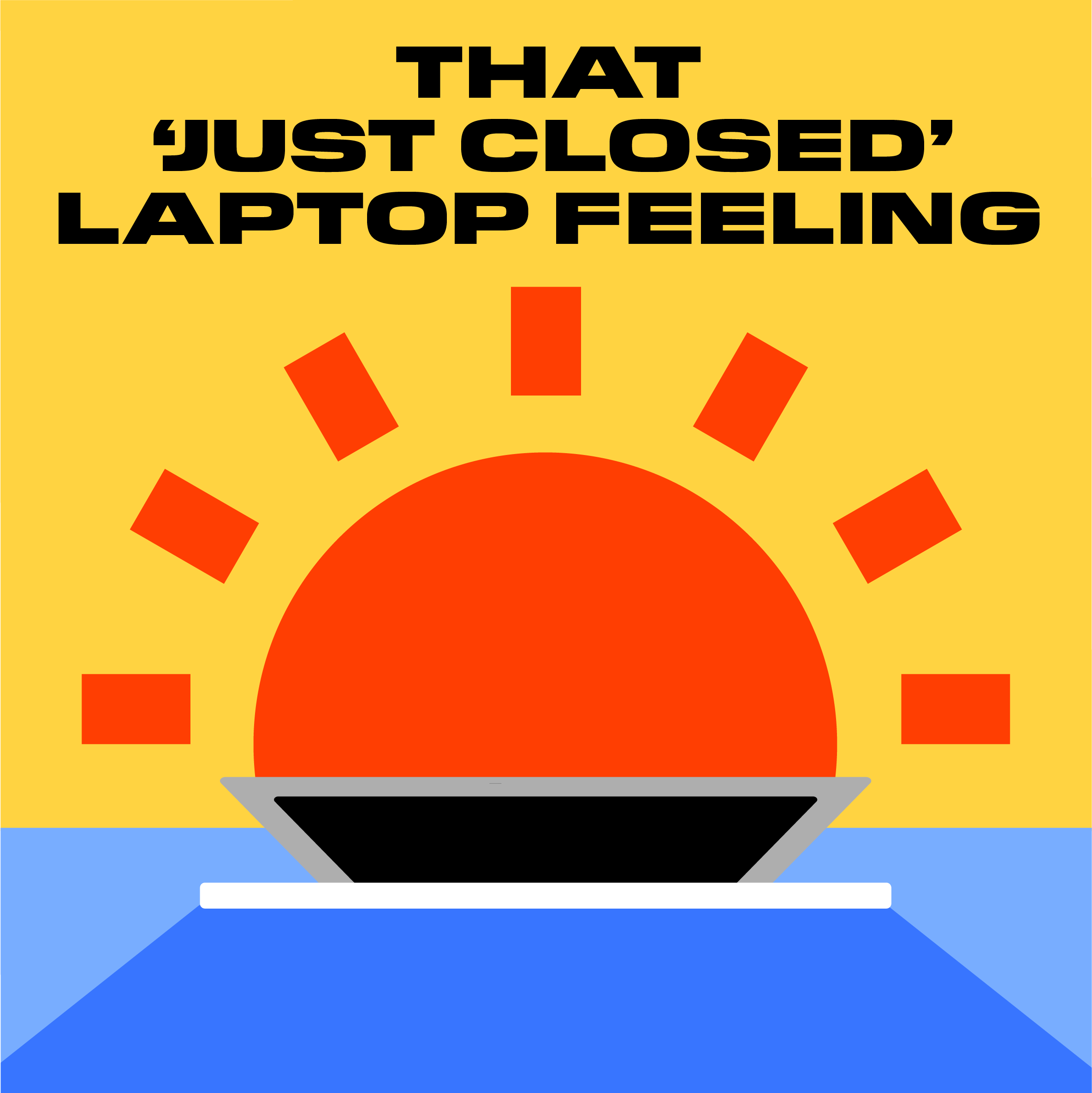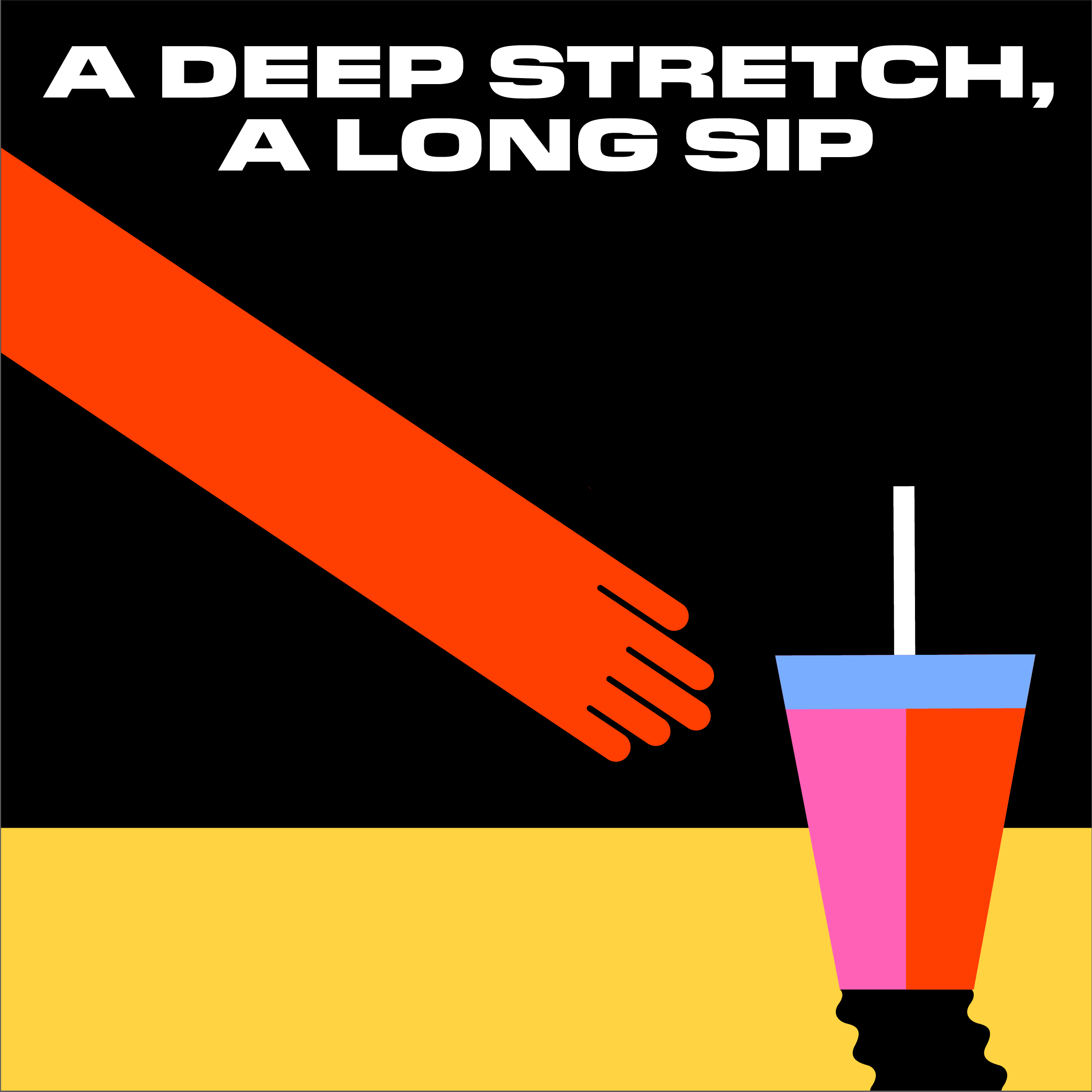How curiosity and empathy are our most valuable tools to win globally
We live in an era that is nothing short of fascinating; the speed of evolution, the power of science and technology, the force of mother nature, the strength of humanity, along with the rife divisiveness and its counterforces that touch each one.
Yet today we find ourselves in a time where however divisive we are, whichever side of the fence we find ourselves on, we are all overshadowed by one global pandemic.
I think curiosity and empathy are our most valuable tools to win globally. Let's deep-dive into this.
Context and culture influence each other
Despite the broad brushstroke of
COVID-19, each of us across the globe will be navigating and experiencing it differently. From our government’s implementations, our local infrastructure, the strength of the roof over our heads, our support network, our education, to our physical and mental health - but also the weather, if you eat your food with cutlery or with your hands, if your country’s communication style is a warm and generous or if it’s more reserved.
Each of us sits within the broader context of the sum of our life experiences. This, in turn, makes up our culture. Context and culture, therefore, work alongside each other, constantly influencing one another.
So, curiosity and empathy?
By way of evolution, each country’s history will provide a different context and therefore culture. What we do and how we behave as humans will vary in meaning, our responses to hierarchy may change, as will our relationship to indulgence or our sense of humour.
Understanding cultural convergences and divergences is a well-researched topic, both on the individual’s psychological mindset level and for broader countrywide market attributes. This structural research provides an anchor from which to build a clearer picture, it lives and breathes within the more sensitive and intimate context of an individual’s everyday life. Which, as we know, can change incredibly quickly.
The understanding and affinity of this level of intimacy is naturally invaluable when
building brands but can also provide cognitive empathy to ease human connectivity on an everyday level, even with co-workers over Zoom. The ability to understand another human’s perspective develops relatively late in the human brain, often only around six years old. So it’s no surprise that we need to keep training ourselves in it.
In a year of curtailed freedoms, a refocus on all things local, and a tightening of friendship groups, the need to understand other cultures can feel like a bygone era. Yet the sensitivity and curiosity of understanding others is more important than ever. It provides both connectivity and inspiration. Win win!
Safer Spaces
Empathy is a skillset, one that often slips in times of high stress. But interpersonal sensitivities create safer spaces, and safer spaces allow for more curiosity and therefore creativity. More creativity allows for more lateral solutions to be found and those, in turn, spur on this Golden Age of Creativity that we are now entering. Yet another reason for our current moment in time to be so fascinating.
The history books have not yet been written about how our cultures will emerge from this era though. With our contexts changing at breakneck speeds, curiosity and empathy are still our best tools to help create effective, engaging and relatable businesses, brands and, most importantly, relationships. Oh, and let’s not forget the data of course.
Kate Fahie, Senior Strategist at STORMBRANDS
Sign up to our mail list to receive more insights straight into your inbox, or follow us on
Instagram or
LinkedIn.



